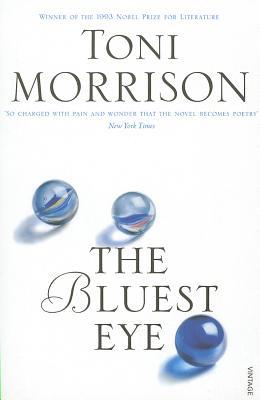Autumn and Winter
(from Poems of the Heart and Home: 1881)
I.
Beautiful Autumn is dead and gone -
Weep for her!
Calm, and gracious, and very fair,
With sunny robe and with shining hair,
And a tender light in her dreamy eye,
She came to earth but to smile and die -
Weep for her!
Nay, nay, I will not weep!
She came with a smile,
And tarried awhile,
Quieting Nature to sleep; -
Then went on her way
O'er the hill-tops grey,
And yet - and yet, she is dead, you say!
Nay! - she brought us blessings, and left us cheer,
And alive and well shell return next year! -
Why should I weep?
II.
Desolate Winter has come again –
Frown on him!
He comes with a withering breath,
With a gloomy scowl,
With a shriek and a howl,
Freezing Nature to death!
He stamps on the hills,
He fetters the rills,
And every hollow with snow he fills!
Frown on the monster grim and old,
With snowy robes and with fingers cold,
And a gusty breath!
Nay, nay! I shall give him a smile! -
For I know by the sleet,
And the snow in the street,
He has come to tarry awhile.
Ho, for the sleigh-bells merrily ringing!
Ho, for the skaters joyously singing -
Over the ice-fields gliding, swinging! -
So let the Winter-king whiten the plain!
Fetter the fountains and frost the pane,
His greeting shall be -
Not a frown from me,
But a smile - a smile!
Mrs. J. C. Yule, née Pamela Sarah Vining (1826-1897)
Canadian poet



